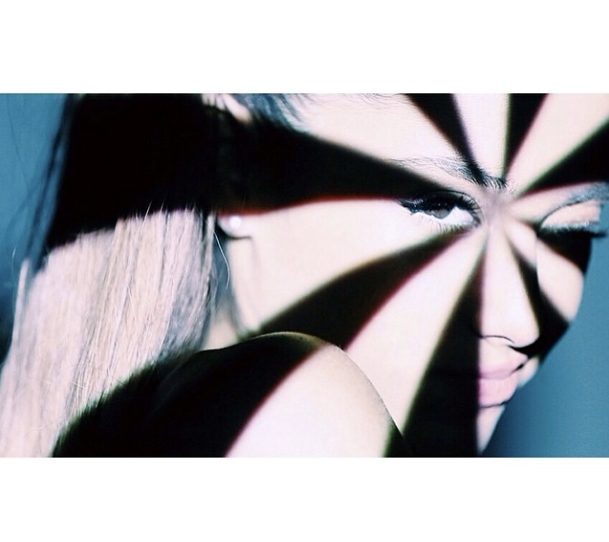Summer Guide: The Talkbox dissects Nickelodeon pop star Ariana Grande
July 15, 2014
Mostly so The Talkbox doesn’t come across as a club of jaded and uptight “hipster youth,” we’ll be discussing one of our favorite Top 40 artists of the summer who wouldn’t make it anywhere near a college radio rotation.
Shawn Cooke: One of the most interesting artists in mainstream pop right now is the Nickelodeon star turned “mini-Mariah,” Ariana Grande. Dan, I know we both share a common admiration for “Problem,” but what do you make of her just-released second single “Break Free?”
Dan Willis: “Problem” is a wonderful song. The thing about good Top 40 music is that as long as you don’t do absolutely everything by the books, you can make a seriously great song. Most of the best pop songs from the past few years contain about one or two left hooks — unless you’re Beyoncé and your music consists exclusively of left hooks. I’d say the two eccentricities that make “Problem” so wonderful are the huge, bombastic saxophone hook and the way the pre-chorus builds tension so elegantly and then releases it, not by attempting to get any louder, but by breaking things down to a delightfully quiet whisper of a chorus. Also, it’s got a positively fiery verse from Iggy Azalea, which is never a bad thing. And I get the feeling that those quirks are already becoming tropes. Jason Derulo’s “Talk Dirty” and “Wiggle” respectively use saxophones and minimalist choruses in very similar ways.
But I was not as impressed with “Break Free.” It’s cool that the song is being billed as Grande feat. Zedd and that producers are finally getting some credit, but this is neither of their best work. Zedd plays it safe with an EDM instrumental that has none of the affective melody of his mega-hit “Clarity.”
Because Grande is the only vocalist, her desperate coquettishness is missing the overconfident foil she had in Iggy Azalea and Big Sean on “Problem.” Her voice, while capable, has yet to shed the shrillness of adolescence and it gets a little grating by the end of the song. There’s no relief — it’s got too much Ariana Grande for its own good. I get the feeling that we’re still riding high on the euphoria of “Problem” and the preposterousness of her trajectory from “Sam & Cat” cast member to Pitchfork Best New Track-laureate and we’re being a little too forgiving of “Break Free.”
SC: I don’t know that I’m as charmed by Iggy’s empty boasts, but I also can’t say I’m sold on “Break Free,” either. When Pitchfork’s Larry Fitzmaurice dubbed it as her “boldest song yet,” it was something of a head-scratcher. Grande’s as commanding as ever, but cookie-cutter synth-pop is still cookie-cutter synth-pop — no matter who’s belting the lyrics.
These first two singles from Grande’s forthcoming album, My Everything, are all about the familiar, but they utilize it to varying degrees of success. “Problem” is an amalgam of her influences and predecessors — the sax loop from J-Lo, the low-key “The Whisper Song”-inspired chorus and a nod to Jay-Z’s finer days. Any one of these gimmicks on their own might have inspired a few eye rolls but, together, they make for an assured and self-aware tribute to a decade that feels way more remote than it should. I think you’re exactly right — these quirks are becoming tropes, because of this emerging “retro” fondness for 2000s pop and hip-hop. Perhaps a revived interest in this aesthetic can be credited to EDM backlash — but if so, that makes her second single all the more baffling.
“Break Free” sounds like a single that Zedd could have produced for any other modern pop artist, be it Katy Perry, Lady Gaga or even Coldplay. Since “Problem” threw so much at the wall, it didn’t sound like anything else in recent memory. But Grande’s second single is hardly distinguishable, aside from those shrill vocals, just on the cusp of maturity. And while she previously seemed to be in control of her cliches, they get the best of her here. The song’s driven by an empowering line of independence (“This is the part when I say I don’t want ya / I’m stronger than I’ve been before”), but it’s one that we’ve heard a million times before. “Break Free” lacks the inner-conflict and contradictory back-and-forth of “Problem,” and also lacks its imagination.



